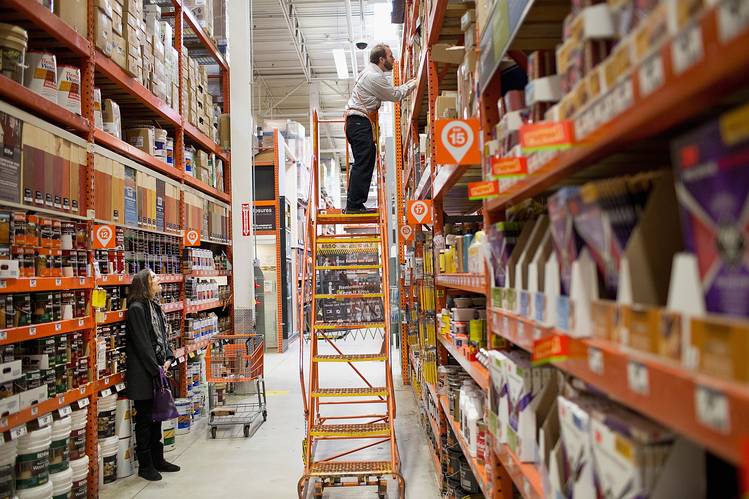The U.S. cost of living was little changed in July, a sign subdued inflationary pressures will give Federal Reserve policy makers reason to keep interest rates low.
It was the first time in five months the consumer-price index failed to advance and followed a 0.2 percent gain in June, Labor Department figures showed Tuesday in Washington. Excluding food and energy, prices rose 0.1 percent, less than projected.
Inflation continues to tread below the Fed’s goal as U.S. companies remain challenged by frugal consumers and competition from cheap goods made overseas. With price pressures elusive, central bankers will be less willing to raise borrowing costs.
“The Fed still has plenty of time before raising rates,” Scott Brown, St. Petersburg, Florida-based chief economist for Raymond James Financial Inc., said before the report. “The belief was that disinflationary pressures will go down and then inflation will move to the Fed’s goal, but it seems that may take longer.”
Housing Starts
Also Tuesday, a Commerce Department report showed housing starts unexpectedly climbed in July to the second-highest pace of the economic expansion, indicating the housing industry remains an area of strength for the economy.
The reading on the consumer-price index matched the median forecast in a Bloomberg survey of 82 economists. Estimates ranged from a decline of 0.1 percent to a gain of 0.2 percent.
Prices increased 0.8 percent in the 12 months ended in July, after rising 1 percent in the year through June.
The increase in the core CPI measure, which excludes volatile food and fuel costs, was the smallest since March and fell short of the 0.2 percent gain projected in the Bloomberg survey. The gauge was up 2.2 percent from July 2015, following a 2.3 percent advance in the year ended June.
Energy costs fell 1.6 percent from a month earlier, the first drop in five months, while food prices were little changed.
Hotels, Airlines
The biggest slump in hotel room rates in eight years and the largest drop in airline fares since July 2015, offset continued rent increases, which had been propping up core consumer prices. Medical care costs rose 0.5 percent, the biggest gain since February.
The Fed’s preferred gauge of inflation, which is the Commerce Department’s personal consumption expenditures measure, hasn’t matched the central bank’s 2 percent goal since 2012.
The CPI is the broadest of three price gauges from the Labor Department because it includes all goods and services. About 60 percent of the index covers prices consumers pay for services from medical visits to airline fares, movie tickets and rents.
The steady cost of living boosted paychecks in July, a separate report from the Labor Department showed Tuesday. Hourly earnings adjusted for inflation rose 0.4 percent in July from the prior month, the biggest gain since January, and were up 1.7 percent over the past 12 months.


 Forex2 weeks ago
Forex2 weeks ago


 Naira1 week ago
Naira1 week ago
 Naira4 weeks ago
Naira4 weeks ago
 Company News4 weeks ago
Company News4 weeks ago




 Naira1 week ago
Naira1 week ago




 Naira3 weeks ago
Naira3 weeks ago
 Billionaire Watch1 week ago
Billionaire Watch1 week ago




 Naira7 days ago
Naira7 days ago




















